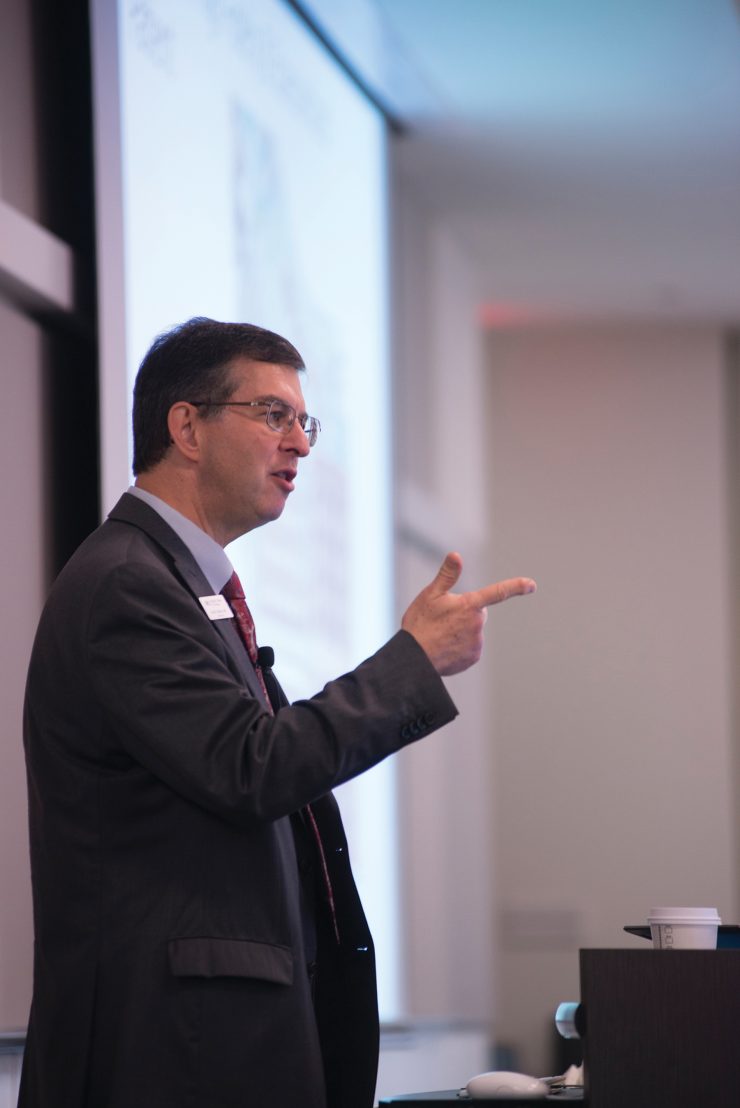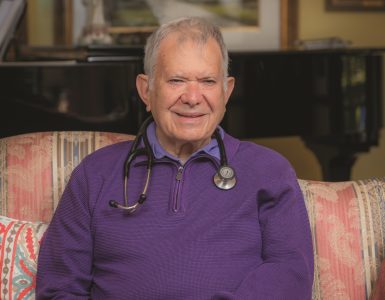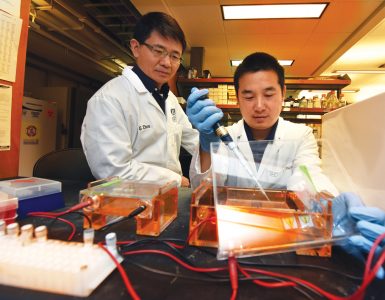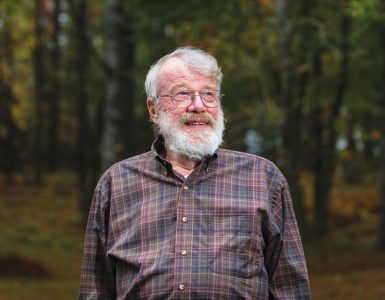Academic Houses: a Valuable Asset to Learning
Hogwarts or Harvard, academic houses have been a part of the collegiate landscape for some time, but until recently have not been present at U.S. medical schools. This year, we brought the virtual academic house to the Medical College of Georgia, and it has been nothing short of successful.
The academic house program seeks to create a close-knit, supportive, learning community environment for our students as they complete their studies at one of the nation’s largest medical schools. Our 20 learning communities each house 10 randomly assigned students. This year, we enrolled our first- and second-year students and invited third-year students to participate voluntarily. Within the next two years, all classes will participate, for a total of 40 students per home.
Each house has two faculty members who serve as volunteer advisers. They love the interaction and one-on-one time with their house students.
Each house meets at least monthly. Members choose group activities, and it has been phenomenal to see the diversity. Social activities have included canoeing, kayaking, painting, and bowling. Service initiatives have encompassed volunteerism for local clinics, homeless shelters, the Boys and Girls Club, the Salvation Army, the local soup kitchen, and the Children’s Hospital of Georgia, among other charities and organizations. Dr. Kim Halbur, Associate Dean for Student and Multicultural Affairs, is introducing the House Olympics, a competition among houses to encourage community service and other activities. The students truly learn the rewards of volunteering within the community and thoroughly enjoy the commitment. One student reflects, “I was incredibly moved by our community service activity. Most of us will practice here, and these could be our future patients. It was a fulfilling way to feel connected to our community.”
These interactions cultivate mentorship and friendship as students share insight and information about curricula, courses, and the overall MCG experience. Their house faculty advisers get to know whom and support them through good times and bad.
Most importantly, housemates come together in a relaxed environment where they support and learn from one another. These interactions cultivate mentorship and friendship as students share insight and information about curricula, courses, and the overall MCG experience. Their house faculty advisors get to know them and support them through good times and bad.
Says one, “We are here as advisers to give advice, talk to, listen, have fun with, learn from, and bond with our students. I would have loved the opportunity to have someone to meet with, socialize with, and include me in activities when I was a student. Working with these young folks reminds me again that I made the right choice in becoming a physician.”
Recognizing that medical education is a process and a journey greatly enhanced by faculty and peer mentorship, these academic houses cultivate community at MCG. We hope to make the process more engaging and the journey more fulfilling as a result.










